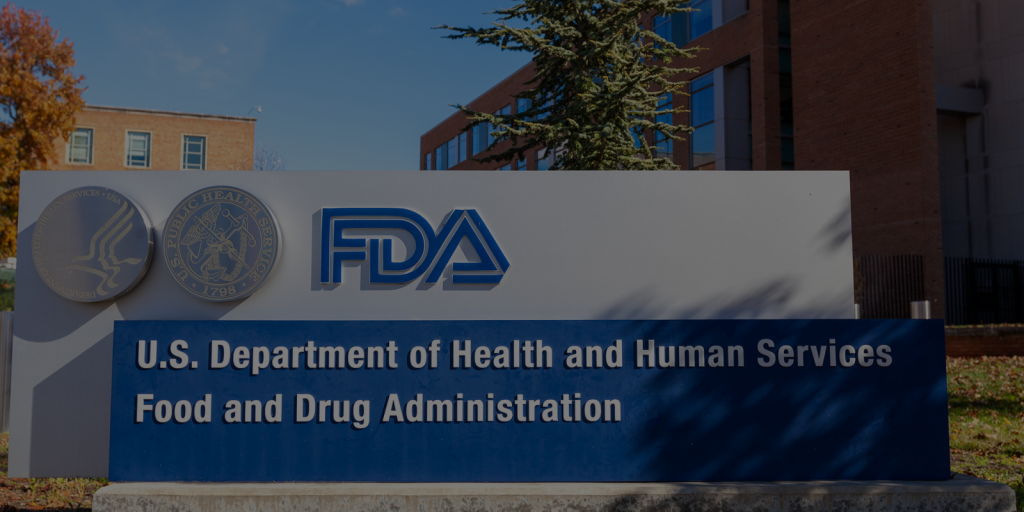This April we’re running a four-part series of blog posts from our sponsors at the Cambia Health Foundation, which highlights the work of their local community partners.
“I never fully understood why talking proactively about care through the end of life was so important until we experienced it with my mom. At age 73 and in good health, my mom suffered her first stroke a few years into her retirement. With her stroke, she literally lost her voice. The stroke left her with aphasia, so she could no longer fully communicate with us. When the second, more devastating, stroke came three weeks later (while she was recovering from the first), my sisters and I were faced with many complex decisions to make on her behalf, more complex than her written advance directive alone could have guided us through.
Although my mom was no longer able to verbally communicate her wishes, she had already given us the incredible gift of sharing with us, many times previously, how she wanted to live her life through the very end and what quality of life meant to her. As surreal and devastating as the situation was for us, we were able to draw on those conversations and respect her end-of-life wishes.
My mom didn’t wait until it was too late. She made it okay to have these conversations anytime, anyplace, and often. Her conversations with us were grounded in her values, and that’s exactly what The Conversation Project is all about.”
—Patty Webster, MPH, an improvement advisor, Community Engagement and Learning, The Conversation Project.
The Conversation Project Origins
The Conversation Project (TCP) was launched in 2012 to encourage and enable more people to talk about what is most important—in life, and regarding healthcare—with those who matter most. As a public engagement initiative of the Institute for Healthcare Improvement, TCP offers free resources in multiple languages through a public awareness campaign, website, story sharing and practical conversation guides. TCP would like to help everyone talk about their wishes for care through the end of life, so those wishes can be understood and respected.
‘We can all have a say in our care—and the best way to get the care that’s right for us is to talk about it.’
Rather than talking about hypothetical medical and legal questions, TCP tools focus on values-based conversations centered on what matters to the person, grounded in their beliefs. The millions of conversations prompted and aided by TCP over the past 10 or more years have reinforced an essential truth: decisions that emerge from these discussions have profoundly important ramifications for everyone involved.
April Is the Perfect Time to Get Started
Each year on April 16, TCP sponsors National Healthcare Decisions Day (NHDD) to educate healthcare providers and the public about the crucial importance of advance care planning and to inspire and empower individuals to create and share their own care plans. That this is also the day after tax day is not a coincidence. The organizers of NHDD had in mind one of Benjamin Franklin’s more famous quotes, “In this world, nothing is certain except death and taxes.” Being mortal, to borrow Dr. Atul Gawande’s words, is certainly one thing we all have in common.
Tools to Jump-Start Conversations
We can all have a say in our care—and the best way to get the care that’s right for us is to talk about it—early and often. TCP has several online and downloadable “Conversation Starter Guides” that help individuals get their thoughts together before having a conversation with the people who matter in their lives. The guides can be used when an individual is getting ready to tell someone else what they want, or when an individual wants to help someone else get ready to share their wishes. The guides are designed by and for people from many different cultures and backgrounds to help shift mindsets from not talking about it to talking about what is important via active inquiry and listening.
In a simple, 1-2-3-4 Ready, Set, Go, Keep Going step progression, the guides provide open-ended prompts to help unpack a person’s values and beliefs by asking “what matters most to you?” They contain “where I stand” scales to help an individual figure out how they want their care to evolve through the end of life, selecting a point on the spectrum that best represents their current feelings about a given scenario. The guides provide prompts to help individuals make a plan for who to talk to; when and where to begin the conversation; and ideas for how to break the ice.
Several guides are available, including one on how to choose a healthcare proxy, one on how to be a healthcare proxy, one for caregivers of those affected by Alzheimer’s Disease or other forms of dementia, one for caregivers of children with a serious illness, one on how to talk with a healthcare team, and one for living with a serious illness. All guides are free and available in multiple languages, as well as English audio versions.
Also, health team members are incredibly appreciative of individuals and families who have had these conversations. They want to provide the best care possible—and treatments are only effective if they work for the person being cared for. Additionally, many clinicians are reimbursed for time spent talking to their patients about care through the end of life, either in-person or during virtual visits. The annual Medicare exam has a question about advance directives and provides an excellent opportunity to have this discussion with a personal physician, nurse practitioner or healthcare team member.
Family caregivers, as appropriate, also can play a crucial role in helping those they care about initiate these conversations with a healthcare professional. For those who already have an advance directive or living will, now is the time to revisit those wishes and be sure they are known by others. A document hiding in a manila folder of a desk is not particularly useful if the important people in one’s life don’t know about it or which choices have been made. People need to talk to those who matter most about the care they want. The more people speak up, the better healthcare can be.
4 Concrete Steps to Get the Conversation Started
- Pick a person to be the healthcare decision maker. Who will make medical decisions when one becomes too sick to make them?
- Think about what matters most, using the Conversation Starter Guide or other resources.
- Plan out how to jumpstart a conversation with the chosen healthcare decision maker and anyone else who may have a stake in the care provided. Use an opener that may resonate with them.
- Have a talk with the healthcare decision maker to ensure they know what matters most. Tell them the person’s care wishes, rooted in their values and beliefs.
|
Additional examples on how to break the ice:
|
Kate DeBartolo is a senior director at the Institute for Healthcare Improvement (IHI) and leads The Conversation Project, IHI’s public engagement initiative to help people share their wishes for care through the end of life. Patty Webster, MPH, leads community engagement for The Conversation Project and is an improvement advisor and faculty member of the Institute for Healthcare Improvement.
Photo credit: Shutterstock/voronaman













